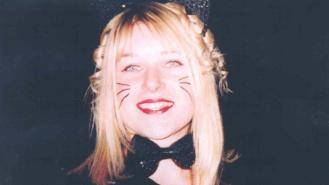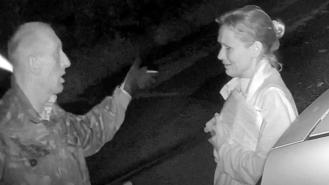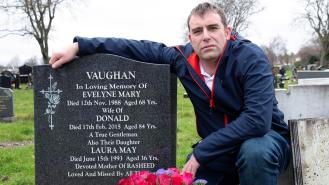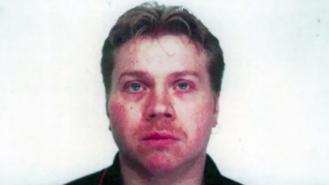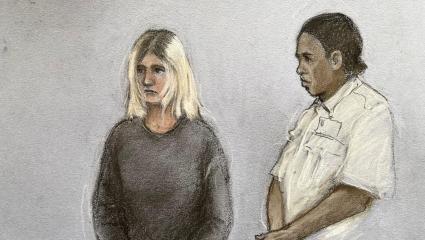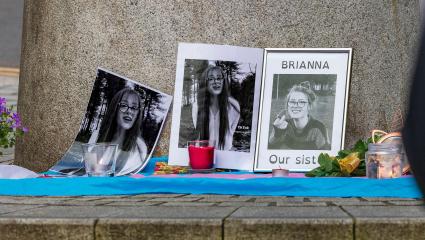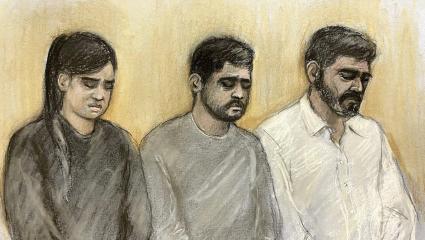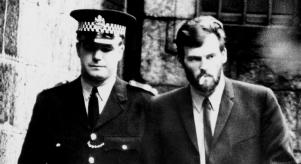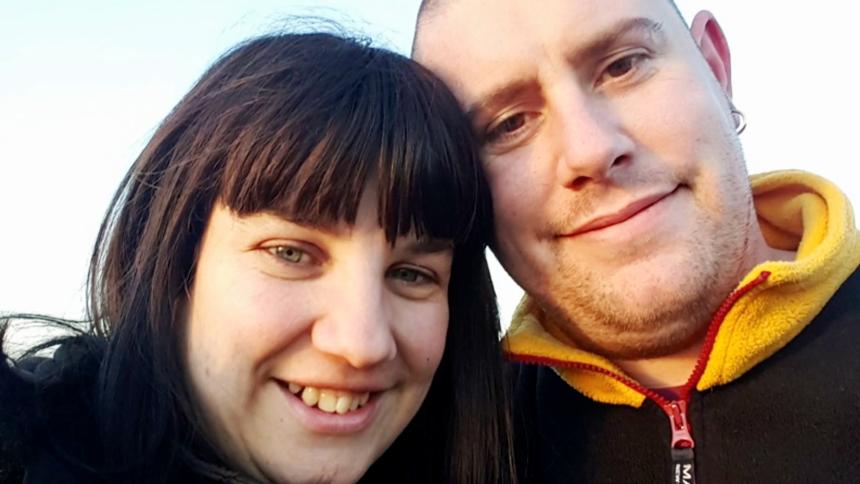
Murdered by her husband: The tragic case of Kelly Worgan
'For better for worse, for richer for poorer, in sickness and in health, to love and to cherish, till death do us part.' These words are supposed to be the mantra for all married couples, symbolising an enduring bond unaffected by the trials and tribulations of everyday life.
However, relationships don't always go to plan, as was the case for Kelly Worgan, whose seemingly happy marriage began to deteriorate due to financial difficulties. Later, her husband, George Worgan, would be charged and convicted of her murder.
In the following article, the Crime+Investigation team explains the motives behind the murder and how George was eventually apprehended 300 miles away from the family home in Avonmouth, Bristol. The case is also featured on the latest series of Killer Britain with Dermot Murnaghan, which will be available from Monday, 12th May on Crime+Investigation.
A typical happy family
From an outside perspective, Kelly and George had the perfect life. They fell in love, got married and had two beautiful children who they raised in Avonmouth, Bristol. The outer suburb was more peaceful than the city, with plenty of green spaces and a tight-knit community feel.
Friends and family agreed that the relationship was mostly loving, and there was nothing to suggest the couple faced significant challenges. Subsequent court documents revealed that George had no known history of domestic violence or previous criminal convictions — which only made his crime even more shocking.
Underlining the depth of betrayal, Kelly's parents would later issue a harrowing victim statement: 'The biggest question we have is why? We trusted him and treated him as a son and as a part of our family. We now struggle with the concept of who we can trust.'
The crime
On 28th November 2018, the day of the murder, everything was normal. The couple woke up, got dressed and ate breakfast. Afterwards, they watched one of the children in a school assembly before going shopping. Nobody in their wildest dreams could have imagined that just a few hours later, Kelly would be dead.
What happened next is mostly speculation. Once the couple returned home, they are believed to have started arguing. At the time of Kelly's murder, unbeknown to loved ones, the pair were experiencing serious financial difficulties.
George has never been totally transparent about his motives, but prosecutors assume these issues fuelled the next fateful moments. Increasingly enraged by their conversation, he strangled Kelly to death with a ligature.
He then left a note explaining what he had done to prevent his children from finding their mother's body. It read: 'No more suffering. I am sorry I got pushed too far this time...Daddy loves you.'
Chasing a killer
George didn't hand himself in willingly. Instead, he took a cocktail of antidepressants and paracetamol, then fled in the family car with a few clothes, a large knife and Kelly's phone and bank cards. Police caught up with him nearly 300 miles away on the M6 near Cumbria.
But George wasn't going down without a fight. He started a dangerous high-speed chase, weaving in and out of traffic. Police eventually deployed a stinger to puncture his tyres and stop the vehicle. When he was finally apprehended, he could barely keep his eyes open.
The aftermath
George was arrested and charged with murder and dangerous driving. By this time, Kelly's body had been discovered after a welfare check. Due to the amount of evidence, the trial was fairly straightforward. However, nothing could help Kelly's loved ones make sense of the crime, especially as there were no warning signs.
The judge would try to offer some reassurance: 'I feel it is important to state publicly that there was nothing on earth that could have alerted those who knew Kelly that such an awful crime was about to be committed. They have no reason to blame themselves.'
He went on to acknowledge that the crime was completely out of character for the defendant but nevertheless callous: 'I have read a note from you in which you said you feel angry towards yourself, you wish you could turn the clock back. It tackles your remorse but doesn't provide an answer as to why you did what you did.'
As such, George was sentenced to life in prison. He must serve at least 12 and a half years before he is eligible for parole.
Want more true crime stories delivered straight to your inbox? Subscribe to the Crime+Investigation newsletter today. We’re always ahead of the latest news, so you’ll never be out of the loop. Receive articles, episodes, clips and more for free!
